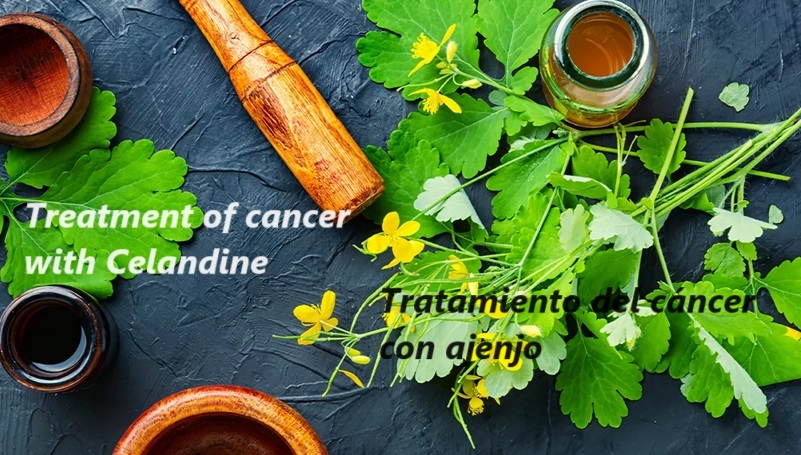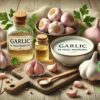For many cultures, mustard seeds are not only a way to make a spicy sauce but also a powerful remedy with numerous beneficial properties. It is used as an antitussive, which also helps regulate digestion and improve appetite.
Mustard seeds themselves are rich in protein, unsaturated fatty acids, essential oils, as well as potassium, magnesium, iron, calcium, and other essential micronutrients. Mustard also provides vitamins B, D, and A. Its fat components include linoleic, arachidic, erucic, and oleic acids. One of mustard’s main benefits is its ability to improve saliva secretion, support fat breakdown, and aid in the digestion of protein foods.
Many weight-loss methods also incorporate mustard powder. People aiming to lose weight consume mustard and use it in body wraps and masks. One of mustard’s main advantages is its antimicrobial and antifungal effects.
Mustard in Medicine
Mustard is widely used in both traditional and official medicine. White and black mustard seeds are particularly beneficial. They are used to make powder for mustard plasters. The seeds can also be ground into flour, and mustard baths are widely used in medicine.
Mustard plasters made from mustard powder are highly valued in official medicine. They help relieve breathing difficulties, warm the body, and improve blood flow to cold extremities. Mustard seeds’ health benefits are invaluable; for instance, consuming a few seeds on an empty stomach can relieve constipation, while adding seeds as a garnish can aid in faster food digestion.
Eating mustard is also very helpful for colds. It effectively treats an emerging cough and acts as an excellent warming agent that enhances blood circulation.
Regularly consuming mustard seeds provides an excellent anti-inflammatory effect. This benefit is especially essential for people with arthritis and asthma, as it helps prevent a range of dangerous health issues due to its selenium content. Mustard seeds retain their beneficial properties even after long storage, provided they are well-dried beforehand. Anyone can grow mustard in their garden; it is an undemanding plant that can survive without water for a long time.
Mustard in Cosmetic Procedures
The positive effects of mustard plasters on rheumatism, bronchitis, neuralgia, and other conditions are well-known. Mustard is highly beneficial for restoring the nervous system, improving memory, and stimulating intelligence. For hair and oily scalp, mustard powder is one of the best remedies.
Simple Mustard Hair Mask Recipe: Take 2 tbsp of dry mustard powder and mix with 2 tbsp of hot water. Add 2 tbsp of olive or any other cosmetic oil, 2 tsp of sugar, and the yolk of one egg. Mix thoroughly and apply to the scalp along the hair parting. Cover the hair with plastic wrap and a towel.
The mask’s effect is based on mustard’s warming action, which stimulates blood flow to hair follicles. The mask should be left on for 15-60 minutes, depending on your tolerance to the heat.
Precautions in Using Mustard
Like any medicinal plant, mustard has its contraindications. It is not recommended for people with pneumonia, tuberculosis, and kidney disease. Excessive consumption of mustard can lead to shortness of breath; in some cases, people have even lost consciousness. Those with high acidity, stomach ulcers, or duodenal ulcers should use mustard with caution.
In small amounts, mustard oil, powder, or seeds are harmless to the body. However, this very spicy seasoning has been known to cause gastrointestinal bleeding. Skin burns are also possible, for example, if mustard plasters are left on for too long.







